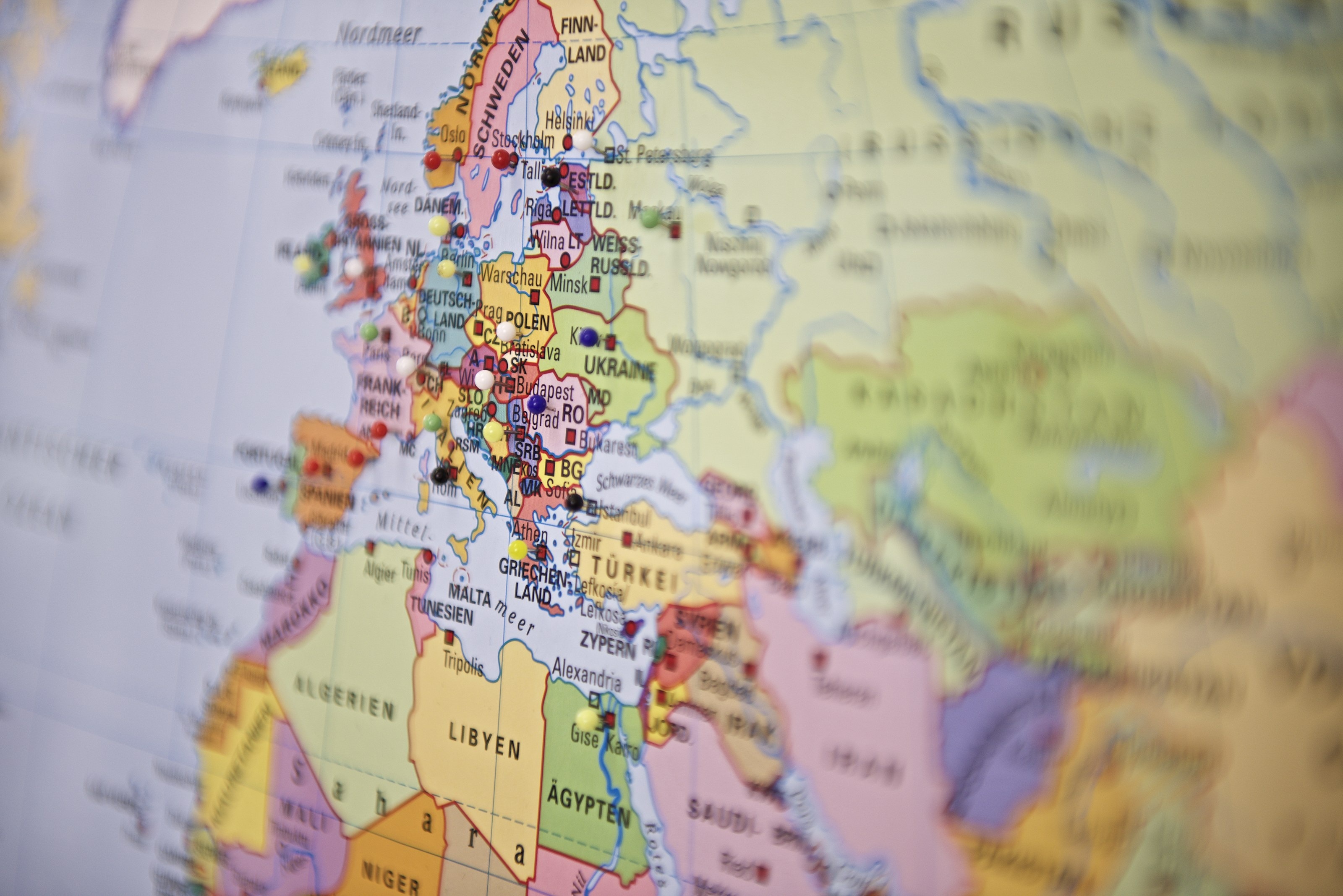
“Germany, Russia, Europe – what happens next?”
Lecture at the University of Konstanz by Germany’s ambassador to Russia
Germany’s ambassador in Moscow is coming to the University of Konstanz. Rüdiger von Fritsch will hold a public lecture at 15:00 on Friday, 10 June 2016, in Lecture Hall A704 on the topic of “Germany, Russia, Europe – what happens next?” His talk is part of a series of lectures from the “International Administration and Conflict Management” programme of the Department of Politics and Public Administration. It is funded by the Cluster of Excellence “Cultural Foundations of Integration”.
Ambassador von Fritsch took up his post in Moscow in February 2014 and hence just before Russia’s annexation, illegal under international law, of the Crimea. The annexation of the Crimea and the continued destabilization of the Ukraine through the backing of pro-Russian separatists with weapons and military personnel have triggered the most severe crisis for decades in relations between Germany and the European Union on the one hand and Russia on the other. Von Fritsch’s visit and his lecture in Konstanz come at a time when these relations are being put to the test yet again, because the European Union has to decide in the coming weeks on whether or not to prolong the economic sanctions imposed against Russia.
Von Fritsch, 62, is one of Germany’s most experienced diplomats. Prior to his accreditation in Moscow, he was Germany’s ambassador to Poland for several years. He therefore has a particularly profound insight into the consequences of current Russian foreign policy for the security needs of those nations, such as Poland and the Baltic States, which have been subjected – sometimes over centuries – to the vagaries of the power struggles between the German and Russian spheres of influence. Von Frisch is not only a diplomat but an author too. Under the title of “Die Sache mit Tom – eine Flucht in Deutschland”, he published in 2009 the vivid description of how he helped one of his cousins to flee the GDR to West Germany in 1974.
